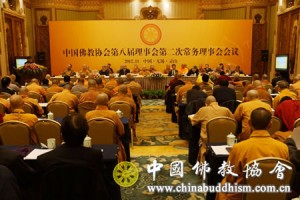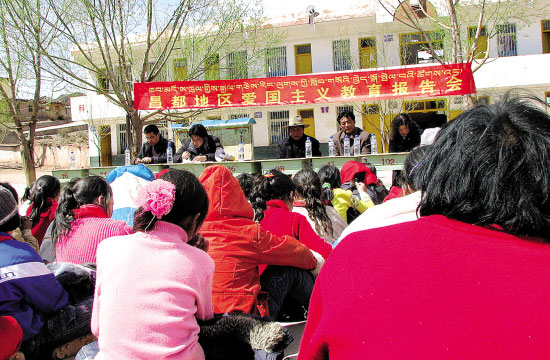
In the past weeks, there has been persistent speculation on ‘experimental’ moves by the Chinese authorities to overturn some of its decades-old vilification campaign against the Tibetan spiritual leader, His Holiness the Dalai Lama. A handful of Tibetan monasteries in the Tibetan provinces of Amdo and Kham, located respectively in present-day Qinghai and Sichuan provinces, were given verbal permission to display portraits of the Dalai Lama and worship him as a religious, and not as a political figure. According to these verbal orders, monks and nuns are no longer required to denounce the Dalai Lama, which is an essential component in political education classes in Tibet’s monastic institutions. Major international media outlets heralded this as a change in China’s Tibet policy.
Only a few days later on 28 June 2013, China’s State Administration for Religious Affairs (SARA), the highest official body that regulates all recognised religions in the People’s Republic of China, denied any reversal of its long-standing policy on the Dalai Lama.


